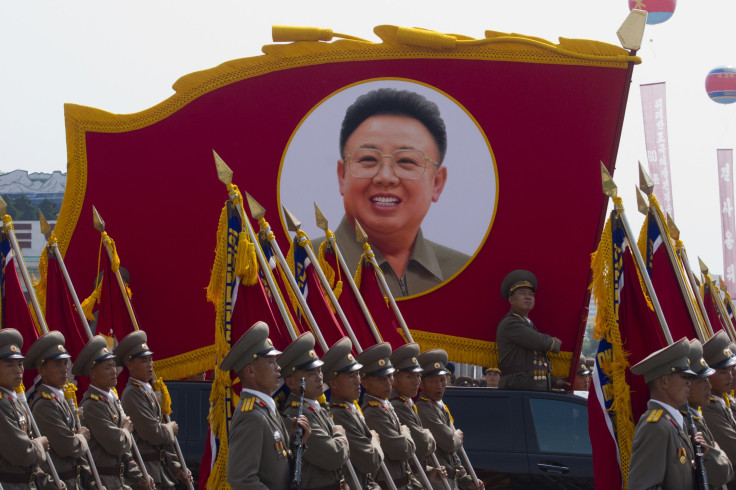North Korea Faces Severe Food Crisis Amid Ongoing COVID-19 Measures

North Korea is currently grappling with its most severe food crisis since the 1990s famine, exacerbated by the ongoing COVID-19 pandemic and strict isolation measures imposed by the authoritarian regime.
Secret reports obtained by the BBC revealed that civilians within the country have witnessed their neighbors succumbing to starvation due to a lack of food supplies, a consequence of Kim Jong Un's decision to seal the borders in 2020.
Following the onset of the COVID-19 pandemic, Pyongyang closed its borders, including ceasing grain imports from China, as well as essential supplies like fertilizer and machinery required for food production. The country has consistently struggled to produce enough food to feed its population of 26 million, while its leader has allocated significant resources to the development of nuclear weapons.
Lina Yoon, a senior researcher at Human Rights Watch, emphasized the urgent need for North Korea to reopen its borders and resume trade to improve agriculture and secure food supplies for its people. However, the regime is currently prioritizing isolation and repression over meeting the nutritional needs of its citizens, as stated by Yoon in an interview with CNN.
It should be noted that the World Health Organization (WHO) officially declared on May 5 an end to COVID-19 as a public health emergency, signaling cautious optimism while emphasizing that the disease continues to pose a global threat.
Reports from North Korean civilians shed light on the dire circumstances within the country. A resident of the capital, Pyongyang, recounted a tragic incident in which a family of three starved to death at home. She described attempting to provide them with water but receiving no response. Authorities later discovered the deceased individuals inside the house, highlighting the devastating consequences of the food shortage.
A construction worker residing near the Chinese border shared that food supplies in his village were so scarce that five people had already died from starvation. He expressed his initial fears of contracting COVID-19, which were later overshadowed by concerns about dying from hunger, as reported by the BBC.
The fortified borders have effectively halted the smuggling of food into the country through unofficial markets, exacerbating the scarcity. Guards stationed at the borders have been instructed to shoot individuals attempting to cross, further limiting access to external food sources.
While the situation has not yet reached the scale of societal collapse and mass starvation witnessed in the late 1990s, it remains deeply concerning. Peter Ward, a North Korean economist, stressed the gravity of the situation, particularly the alarming reports of starvation among middle-class communities.
North Korea, known for its repressive regime and secrecy under the leadership of Kim Jong Un, endured a devastating famine in the late 1990s, resulting in the loss of millions of lives, according to NDTV.



























